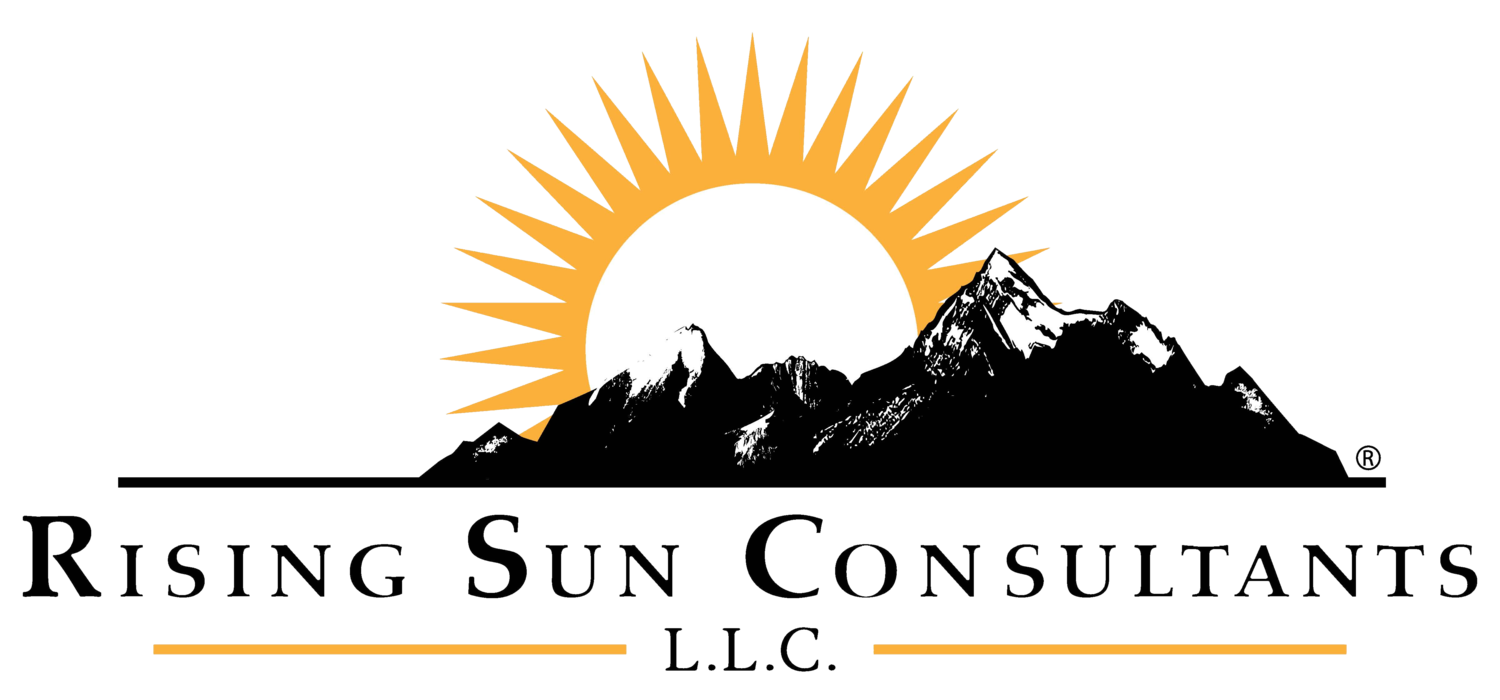We’ve heard the adage, “The only constant is change,” and it doesn’t take the wisdom of a Greek philosopher to recognize we won’t go on running our companies or organizations forever. Transition is inevitable, so succession planning is vital. Yet as leaders we confront a host of psychological and practical barriers to preparing our organizations today for unknown tomorrows.
Here are four reasons we’re not planning for succession and five principles to guide us when we do.
4 Reasons:
- Uncomfortable conversations: None of us like to contemplate a time when we may not have our current health, clarity of thinking, or stamina, but it’s not a question of if that day will come but when it will arrive. We serve our companies well when we leave behind an actionable plan for our own obsolescence.
- Difficult questions: Sometimes it’s easier to avoid difficult questions than answer them—and succession can be fraught with difficult questions. How are family members impacted by the transition? How do we ensure equitable opportunities for long-standing team members? Who should be involved in the decision-making process?
- Tyranny of the urgent: When there’s far too much to do today, it’s difficult to make time for something that may happen months or years down the road. We may have every intention of planning for succession…tomorrow.
- Overwhelm: Perhaps you’re a master of your specific industry—whether you provide a product or service. You may feel vastly less competent in the disciplines key to succession planning: areas like law, accounting, and human resources. Often the fear of doing something badly prevents us from doing it at all. (If only there were another option…!)
You don’t need a degree in change management to begin preparing your company for future leadership transition. Let these five principles guide your initial action.
5 Principles:
1. Instill the mission: Ensure your company’s core mission lives not just inside your mind but on paper and in the hearts of your team members. Every employee should be able to articulate your mission, and every decision and action should be guided by it. A purpose-driven mission goes beyond paper; it’s the force steering us towards a greater sense of purpose.
2. Protect family bonds: When it comes to succession planning, the line between business and personal can grow blurry. Whether or not you see the next generation of your family as the best option for your company’s future, create space to listen and show respect for the wide range of feelings this process may engender in your family. Children should recognize that grief can accompany these transitions. They can ask questions that invite their parents to share hard-earned wisdom or even write a letter conveying their gratitude for the opportunities this company created for them. Parents should recognize that their children may seek understanding about why certain decisions were made. Asking questions is not tantamount to disrespecting their wishes: The next generation may be seeking assurance of their relationship status, outside of any business implications. Families should also carefully prioritize time together apart from the business, setting aside time for meals together or pursuing other leisure activities together.
3. Champion humble stewardship: Remember that what you have built or managed is not simply for your own benefit or that of your family but for the flourishing of those who serve on your team and are served by your organization. Embrace an ethos of humble stewardship, prioritizing the greater mission over self-interest to ensure a legacy of purpose-driven leadership.
4. Prioritize communication: Foster transparent and consistent communication with relevant parties throughout the succession planning process, building a bridge of shared understanding—even when agreement isn’t guaranteed.
5. Begin early: Initiate the journey before it becomes urgent. A well-planned transition allows for proactive investment in people and structures, in alignment with a pre-planned strategy. It also avoids the pitfall of making critical decisions under pressure and in crisis mode when emotions may supersede reason.
As succession planning coaches, Rising Sun would be honored to come alongside you as you proactively plan for an unknown future, giving consideration to ownership, management, and advisory functions of your company. We’d love to accompany you through the complexities of leadership transition, allowing you to continue stewarding the mission, values, and team members who form the soul of your organization. If we can help, please reach out to us.


